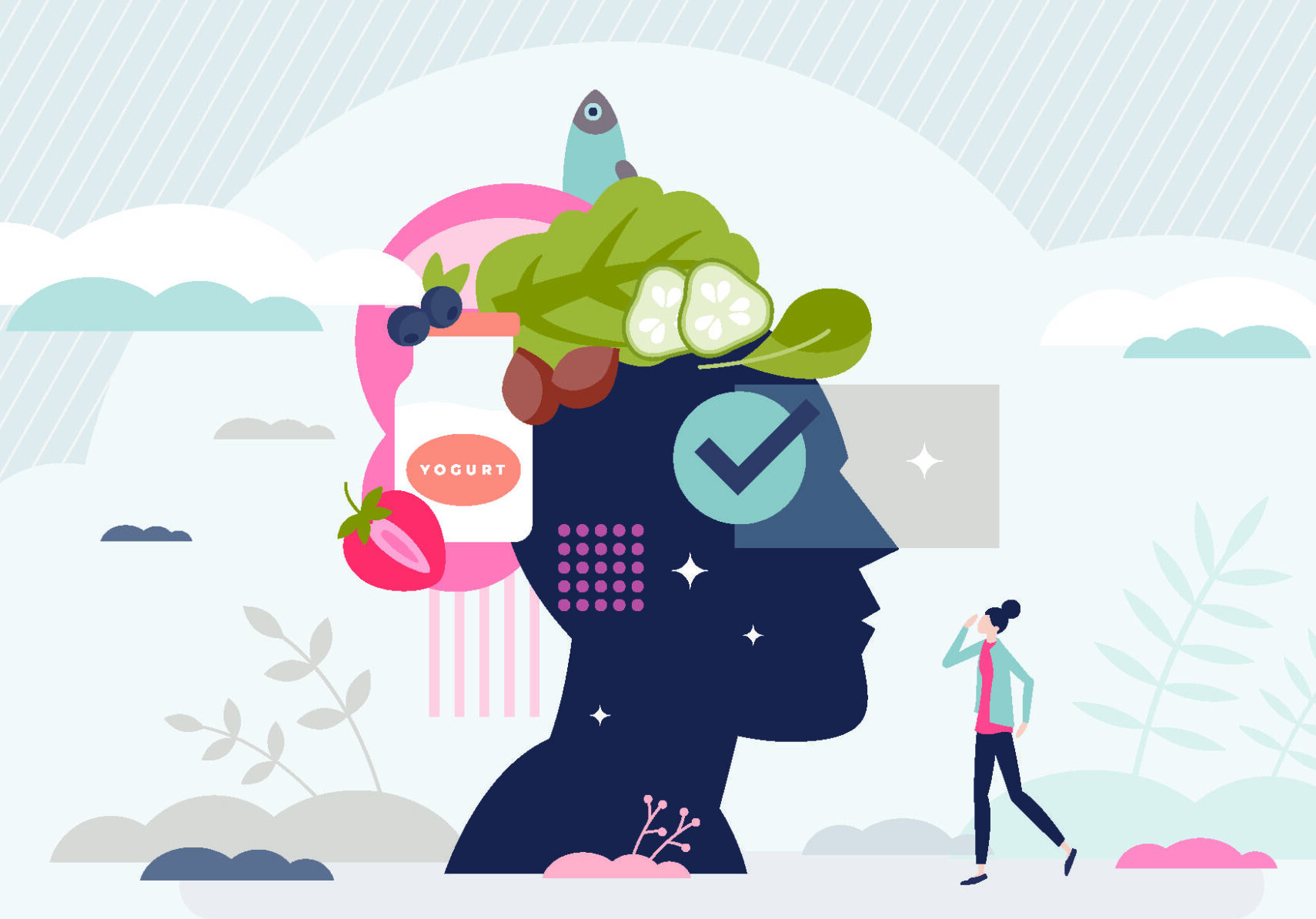by Brandy Abalos
More and more people are opting to eat a plant-based vegan diet. In fact, according to The Economist, up to25% of Americans between the ages of 25 and 34 are vegans or vegetarians. The main reason people choose a vegan diet is because of its many personal and social benefits. Some people become vegans because of the societal implications. Others choose veganism for health benefits. No matter the reason, eating vegan can be both a sacrifice and an inspiring endeavor.
Health Benefits
Eating various plant-based foods that veganism encourages can have great health benefits. Avoiding red meat, which can lead to heart disease, and other animal products can reduce the risk of chronic health conditions and even reverse them. Research shows that a conscious vegan diet can help with:
- Promoting healthy weight loss
- Lowering the risk of certain types of cancer, such as colon cancer
- Managing diabetes and lowering A1C levels
- Reducing the risk of heart disease and lowering cholesterol levels
- Reversing health conditions like Type 2 Diabetes
Eating a vegan diet does not guarantee better health. A healthy vegan diet is based on a diverse range of whole foods. Many vegan convenience foods are overprocessed and contain chemicals that are just as harmful as meat or animal products.
Economic Benefits of Eating Vegan
There are economic benefits to a large-scale plant-based diet. A plant-based diet economic approach could save billions of dollars for countries worldwide. People have proven it is possible to be healthy without eating or using animal products. Using animals as sources for food, clothing and other products is much more costly overall. According to the National Academy of Sciences, if the United States shifted its resources to produce plant-based food, it could feed 350 million more people. Increasing the production of vegan foods would reduce the cost of vegan food overall, making it amore efficient option for everyone in the economy.
Environmental Benefits of Vegan Food Production
Vegan food supports a green economy. It is more environmentally sustainable and reduces humanity’s carbon footprint. According toa paper published by Oxford University, the food industry creates a quarter of global carbon emissions. Meat and dairy production has the most detrimental impact on the environment. Switching to plant-based foods will free up land that is dedicated to livestock, which significantly contributes to carbon emissions. Farmers can rotate crops to add nutrients to the soil and support local flora and fauna.
Ethical Considerations When Eating Vegan
Just like humans, animals are sentient beings. They have needs, desires and interests. Animals have a strong drive for self-preservation. People who eat vegan diets often recognize that animals don’t simply exist for human use and consumption. Many vegans indicate that they can better connect with themselves and the world around them because they do not eat meat and animal products. A plant-based diet allows people to control their food without considering the detrimental effects that occur to the sentient animals they are eating.
Vegan Eating Has Many Benefits
Veganism has many positive aspects that benefit individuals and society. While many people switch to vegan eating for health benefits, society as a whole has seen a positive movement as more people are becoming vegan. Few people who opt to eat a vegan diet revert to eating animal products. Many of the alternatives are just as tasty and better for you.








Leave A Comment